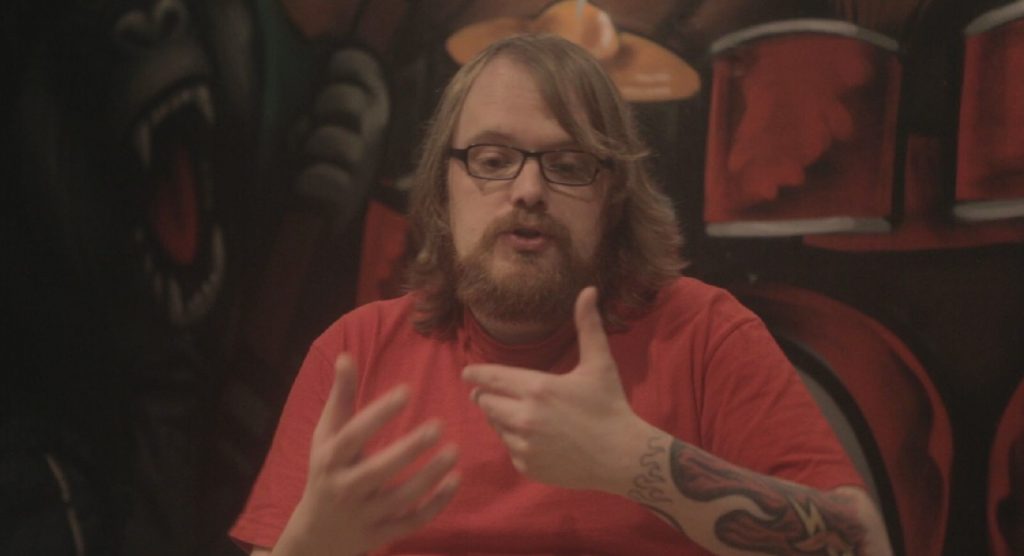
Terri DiBono and Steve Rosen created this three-part documentary detailing on the emotional challenges faced by men that were sexually abused when they were boys.
Speaking openly about what transpired is seen as the first step in bringing about some degree of catharsis, but what happens afterwards depends on each man’s personality and skill sets. The film details examples of activism and legal pursuit of pedophiles, ongoing group therapy sessions where victims come out of their isolation, and literary and theatrical pursuits that bring the subject to a wider audience. While the heavily publicized cases involving Roman Catholic priests are cited, the film stresses that this controversy actually constitutes a tiny percentage of a greater picture.
Much of the film is focused on Glenn Kulik, a one-time aspiring actor who blames his many years of homelessness and addiction problems on the unreported abuse he received from a friend’s uncle when he was 10. Now 47, Kulik still has anger management issues (at one point, he breaks a window with little apparent provocation), but he is calm in his activism on behalf of abuse victims.
However, the film has some curious aspects. The Kulik family seems strangely anodyne in discussing what happened years ago, and Kulik’s attempt to find his long-lost childhood friend (who was also abused during this period) is strictly half-hearted. The film also states that one in six boys are sexually abused, though it is unclear where that data came from. Even worse, the use of a soundtrack song that includes a chorus insisting there is no God can be considered offensive to the genuinely faithful that have nothing to do with this tragedy.
All told, “Boyhood Shadows” could use better focus, though its intentions are clearly noble.

